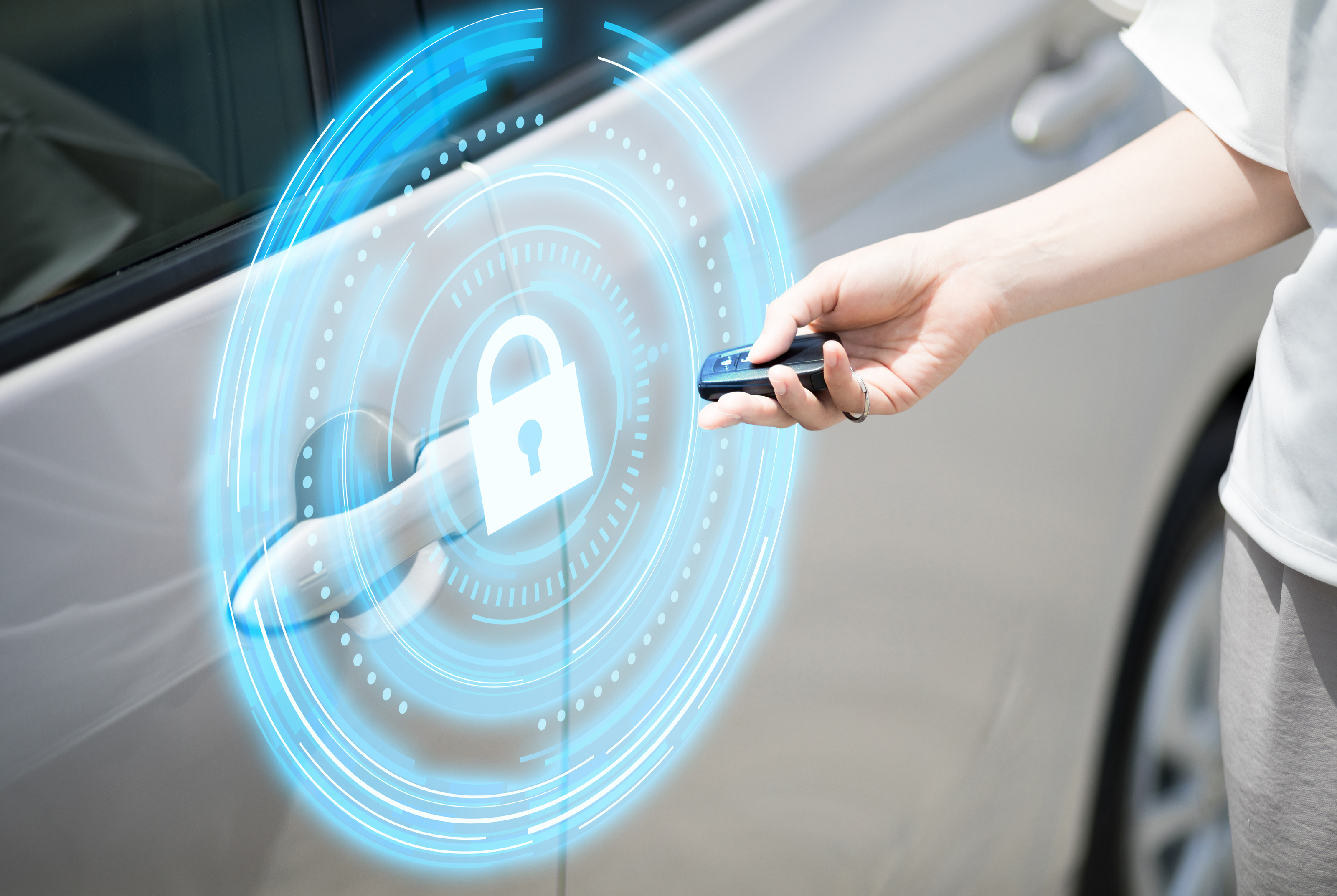Before we start, we’d like to wish a very happy and prosperous 2023 to all our readers! It’s that time of year again when business blogs are full of predictions and trends to look out for over the coming 12 months – and we’re not going to disappoint if that’s what you’re looking for.
But a word of caution first…
Although the car key industry has seen many advances over the past few years and has largely transitioned into digital access technology, it’s also a fairly traditional sector, with older versions of technologies coexisting with newer generations for many years before the older versions disappear altogether.
This is because Britain’s roads are still full of older cars, and the current high prices for both new and second-hand vehicles are going to do nothing to change that fact in 2023.
Alongside newer smart key fobs and keyless access systems, therefore, there will be a continued mid-to-long-term demand for more conventional car access systems and services – including electronic key fob programming, physical key replacements, and so on.
Although we are excited about the rise of smart access control and security technologies and the impact these are likely to have on new car key development in 2023, we are also aware that many car manufacturers continue to use traditional car key fobs, even with new vehicles, so any changes are likely to be incremental rather than revolutionary.
So, what are the main trends we are keeping an eye on for this coming year?
-
Smartphone Integration
One of the main reasons why physical car keys may become obsolete in the long term is because of smartphone/watch/wearable device integration. More and more cars are being manufactured with the ability to connect to mobile apps to control a variety of electronic systems, including access, ambient temperature, in-car entertainment, and fuel use. Among other things, this means that drivers can use their phones to unlock their doors, start their engines, and even honk their horns before physically entering the vehicle.
With the convenience of this new technology for drivers will also come security challenges for app developers, and it will become increasingly important for users to be able to restrict access to car key apps to authorised users only, and deactivate access should the phone become lost, stolen, or broken.
-
Fingerprint And Retinal Scans
Another interesting development in electronic car key technology is the integration of fingerprint and retinal biometric information into car key apps and physical access systems. Some newer models of cars come with fingerprint scanners that are built into the driver’s door handle or the steering wheel itself, often working alongside a remote access physical key fob, and providing a double layer of security for premium vehicles.
-
Keyless Vehicles
Fully keyless vehicles are gradually moving away from the realm of science fiction and into plausible production, as smart key fobtechnology allows car owners to unlock and start their car without having to insert a traditional metal key, or even be in close proximity to their vehicle. Keyless vehicles recognise an encrypted security signal issued by the key fob (or corresponding smartphone app) and automatically unlock it. This is followed by pushing the ignition button and starting up the engine with a simple click instead of having to insert a physical key. Keyless vehicles provide convenience for drivers as well as optimal security, making them increasingly appealing in the automotive industry.

